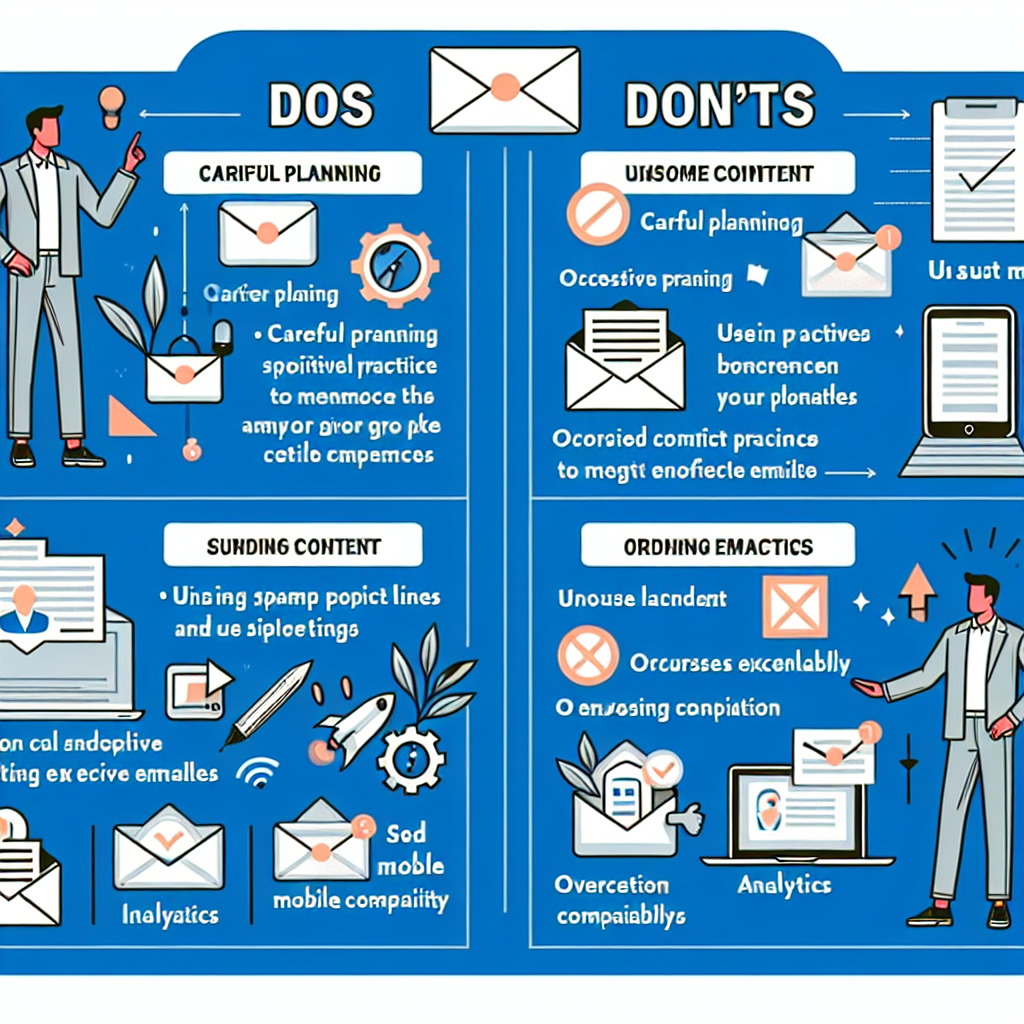The Best Email Marketing Tools for Small Businesses
In today’s digital age, email marketing remains one of the most effective strategies for small businesses to reach their audience, nurture leads, and drive sales. With the right email marketing tools, small businesses can create compelling campaigns, track performance, and optimize their marketing efforts. In this blog post, we’ll explore the best email marketing tools for small businesses, providing actionable tips and insights to help you make an informed choice.
Why Email Marketing is Crucial for Small Businesses
Email marketing offers numerous benefits for small businesses, including:
- Cost-Effective: Email marketing is one of the most affordable marketing channels.
- High ROI: According to the Data & Marketing Association, the average ROI for email marketing is $42 for every $1 spent.
- Personalization: Email marketing allows businesses to send personalized messages to their customers.
- Measurable: Email marketing tools provide detailed analytics to track the success of campaigns.
- Customer Engagement: Regularly engaging with customers via email helps build strong relationships and loyalty.
Top Email Marketing Tools for Small Businesses
1. Mailchimp
Mailchimp is a popular email marketing tool known for its user-friendly interface and robust features. It’s an excellent choice for small businesses with its free plan and scalable options for growing businesses.
Key Features:
- Drag-and-drop email builder
- Pre-designed templates and themes
- Automation workflows
- Advanced analytics
- Integration with various apps and platforms
Pricing: Mailchimp offers a free plan for up to 2,000 contacts. Paid plans start at $9.99 per month.
2. Constant Contact
Constant Contact is another excellent email marketing tool for small businesses, offering a wide range of features to create and manage email campaigns effectively.
Key Features:
- Easy-to-use email editor
- List management tools
- Social media integration
- Event marketing capabilities
- Comprehensive reporting
Pricing: Constant Contact offers a 60-day free trial. Paid plans start at $20 per month.
3. SendinBlue
SendinBlue is a powerful email marketing tool that also offers SMS marketing capabilities. It’s known for its affordability and ease of use.
Key Features:
- Email and SMS marketing
- Transactional emails
- Marketing automation
- Advanced segmentation
- Real-time reporting
Pricing: SendinBlue offers a free plan with unlimited contacts and up to 300 emails per day. Paid plans start at $25 per month.
4. GetResponse
GetResponse is an all-in-one marketing platform that includes email marketing, landing pages, and marketing automation tools. It’s an excellent choice for small businesses looking for a comprehensive solution.
Key Features:
- Email creator with drag-and-drop functionality
- Autoresponders and automation workflows
- Landing page builder
- Webinars and CRM
- Detailed analytics and reporting
Pricing: GetResponse offers a 30-day free trial. Paid plans start at $15 per month.
5. AWeber
AWeber is a reliable email marketing tool that’s perfect for small businesses and entrepreneurs. It offers a range of features to help you create and manage effective email campaigns.
Key Features:
- Drag-and-drop email builder
- Pre-designed email templates
- Email automation and autoresponders
- List segmentation
- Detailed analytics and reporting
Pricing: AWeber offers a free plan for up to 500 subscribers. Paid plans start at $19 per month.
Actionable Tips for Choosing the Right Email Marketing Tool
When selecting an email marketing tool for your small business, consider the following tips:
1. Define Your Goals
Before choosing a tool, define your email marketing goals. Are you looking to increase sales, nurture leads, or build brand awareness? Understanding your objectives will help you select a tool that aligns with your needs.
2. Evaluate Key Features
Compare the features of different email marketing tools. Look for features such as drag-and-drop email builders, automation workflows, list segmentation, and detailed analytics. Choose a tool that offers the features you need to achieve your goals.
3. Consider Your Budget
Determine your budget for email marketing. Many tools offer free plans or trials, allowing you to test the features before committing to a paid plan. Choose a tool that fits your budget and offers the best value for your money.
4. Check Integrations
Ensure the email marketing tool integrates with your existing systems, such as your CRM, e-commerce platform, or social media accounts. Seamless integration will streamline your marketing efforts and improve efficiency.
5. Read Reviews and Testimonials
Research reviews and testimonials from other small businesses. Learn from their experiences to understand the pros and cons of each tool. This can help you make an informed decision.
Conclusion
Email marketing is a powerful tool for small businesses to connect with their audience, nurture leads, and drive sales. By choosing the right email marketing tool, you can create effective campaigns, track performance, and optimize your marketing efforts. Whether you opt for Mailchimp, Constant Contact, SendinBlue, GetResponse, or AWeber, each tool offers unique features to help you achieve your email marketing goals. Use the actionable tips provided to select the best tool for your business, and start reaping the benefits of email marketing today.


